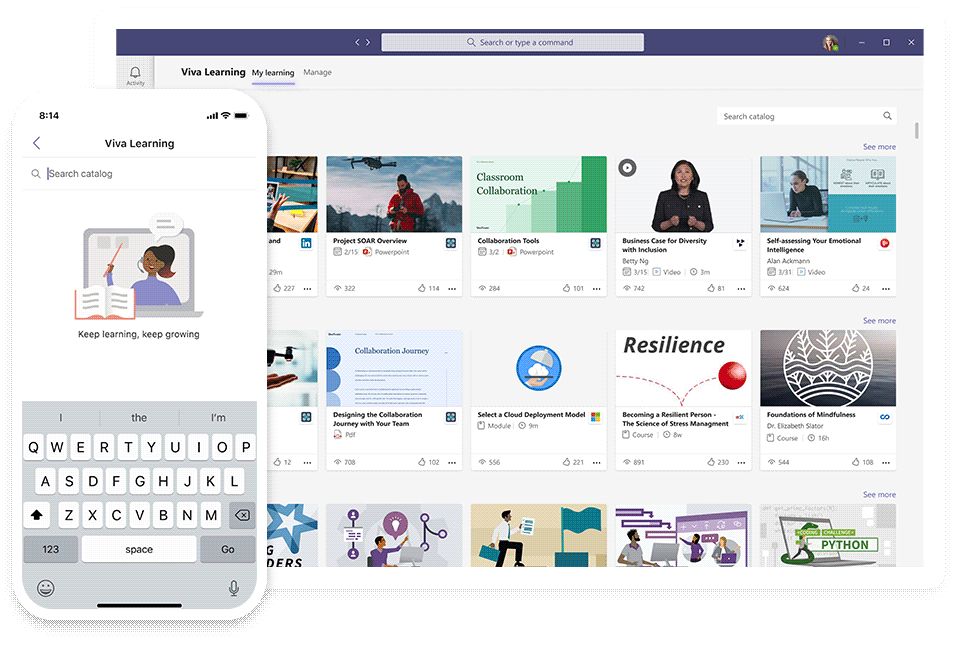Nearly every adult in India has a bank account, but fewer than a quarter of them in the South Asian nation can secure loans from the formal financial institutions.
Although much of the population in the country doesn’t have a credit score, an increasingly growing number of people here are looking for credit — and some are going to extreme lengths.
Hundreds of online lending apps have begun attempting to tackle — and in some cases, abuse — this opportunity in recent years, offering Indians short-term, collateral-free and instant loans.
The catch? Several of these apps charge such high fees that the interest rate, when annualized, could go as high as 1,000%.
Many of these apps, several of which are operated by Chinese firms, have also been found to be employing sketchy tactics, such as contacting family members and colleagues of the customer to shame them and recover their money.
Google caught wind of this recently, and last month removed hundreds of such apps from the Play Store in India. But it wasn’t until several people committed suicide in the country in an attempt to save themselves from embarrassment from family, colleagues and society.
Deepak Abbot and Nitin Misra, two former executives of Paytm, India’s most valuable startup, believe that this problem can be solved for many by using an asset that has been sitting idly in nearly 200 million homes in the country: Gold.
Indians stockpile more gold than citizens of any other country. In fact, such is the demand for gold in India that the South Asian nation is the world’s third-largest importer of this precious metal.
But once most Indians have bought gold, they don’t really do much with it other than hoarding and getting it off circulation, thereby dragging down the economy. According to estimates by the World Gold Council, Indians have stashed 25,000 tons of gold, whose value today is over $1.4 trillion.
Monetizing even a third of it can add 2% to the GDP growth rate, analysts say. Banks and other financial institutions love gold as it’s a great secure asset whose value has only grown over the decades.
New Delhi has made several efforts, too, to get stashed gold back in circulation through initiatives such as the gold monetization scheme, but it hasn’t had much success with it so far.
The core challenge with convincing people to part ways with their gold is that it’s an emotional asset, said Misra and Abbot in an interview with TechCrunch. Gold jewellery is a show of strength and pride in India, and families pass on their reserve to future generations.
“Irrespective of your state, religion, community, in India, gold has a certain auspicious sentiment attached to it. You worship it. Even when tax concession and premium price is offered to someone, they can’t fathom the idea of their necklaces and other jewellery being melted and going away,” said Misra.
The other challenge is that even when someone absolutely needs to sell their gold, which is often their last resort, to attend a family emergency or other urgent and unavoidable cause, the process of selling it is an awkward and embarrassing experience for many because of the stigma of pawning their family’s precious property.
In recent years, a handful of firms and startups — in collaboration with banks — have attempted to remove this stigma by visiting the customer at their doorstep to some success.

Abbot and Misra, pictured above, think they have a better approach and broader idea.
Many people in India keep their gold stash and other precious items in a safe locker at a bank that can charge as high as $65 a month for this service. (Banks require customers to pay the fee annually, however.) There are some downsides to using a bank’s locker: Accessing this locker is a long-process and can easily take half of your day, if not more. There’s also no insurance protection on items people keep in the locker. Customers are also required to put up a security deposit of a few hundred dollars to avail this service — and, there is also a long-waiting period before people can even avail this service.
Through their newfound startup indiagold, Abbot and Misra are offering customers a similar locker service for as little as $1.36 a month, which also includes full insurance coverage. The idea, the duo explained, is to make it easier and convenient for people to secure their previous metal reserve.
“You sign up on indiagold app, our agents come to your house, inspect and weigh the gold, and put it in a tamper proof bag. We also attach an RFID sticker to the bag, which once scanned, can detect if there was any attempt to open it. They then put the bag inside a steel box, which is locked by the customer with their fingerprint. And all of this is being captured through a body camera by one of our agents, which is streaming the feed in real-time to the customer as they leave the premise to the designated vault location,” said Misra.
With crime rates going up, very few people bark at the idea of securing their jewelries and especially when they know that their property is being insured, the duo said. Once they have deposited their gold stash with indiagold, the startup displays the real-time value of their property and offers a line of credit that could be accessed within seconds.
“It’s fine if the customer doesn’t want a loan, but should they ever need it, they have a zero-touch option available. They know that their gold is secured in a locker with their fingerprint, so their jewellery is not going to be melted or broken. If they ever need a line of credit, they can avail it in 30 seconds without talking to anyone, or even having someone quietly visit their home,” he said.
“If they have deposited multiple jewellery items, they can avail loan against just some of them. Say if the person knows that they need to use some necklace in an event soon, they can take a loan against other items in that case. And we charge at max 1% interest rate on the loan,” he added.
This is just part of the problem that indiagold, which kickstarted its operation late last year, is trying to address.
It has built a platform that determines the credit worthiness of its customers, and provides APIs to banks and other lenders who are trying to reach this untapped market.
The startup, which is currently operational in Delhi-NCR, recently raised $2 million in a financing round led by Leo Capital, with participation from high-profile investors including Kunal Shah of Cred, Amrish Rau of PineLabs, Kunal Bahl and Rohit Bansal of Snapdeal, Ashneer Grover and Bhavik Koladiya of BharatPe, Miten Sampat of Cred and MX Player, Sameer Mehta of Boat, Ashish Sharma of Innoven Capital, Ankit Agarwal of Alteria Capital, Rahul Soota of MyMoneyMantra, Ramakant Sharma of Livspace, and Blume Founders Fund.
“We think this is the only way this huge market can really be addressed, and now we are beginning to scale our efforts,” said Misra.




